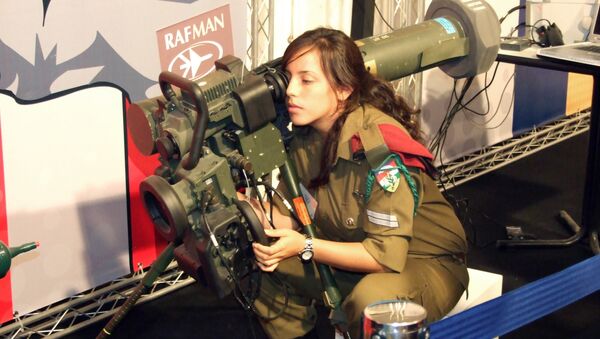Israel's Spike anti-tank guided missile (ATGM) didn't pass the trial conducted by the Indian Army last year, which led to the cancellation of a $500 million deal with Rafael, sources have revealed.
"The missile failed in multiple areas during summer trials. Sensors failed to detect the target during trials carried out in Pokhran," a source familiar with the development said.
Earlier, it was reported that the deal to purchase 321 launchers, 8,356 missiles, and 15 simulators was cancelled as the Indian defence ministry favoured the indigenous NAG anti-tank guided missile after the Defence Research and Development Organisation (DRDO) promised to develop a third-generation man-portable anti-tank guided missile by 2020.
Besides, the Indian Defence Ministry had also said in February 2018 "there is no need to acquire transfer of technology with the ATGM system on account of indigenous development of third-generation Man-Portable ATGM." The decision was taken on the recommendation of an expert panel constituted by the then Defence Minister Manohar Parrikar, and later conveyed to Israel ahead of the visit of Prime Minister Benjamin Netanyahu to New Delhi.
India's man-portable Nag ATGM was successfully test-fired in March this year which raised hope among the Indian armed forces. Low weight, fire-and-forget man-portable ATGMs are incorporated with advanced features including state-of-the-art Imaging Infra-red Radar (IIR) Seekers with integrated avionics.
Nevertheless, the Indian Army has once again promulgated an emergency order of the missile to meet operational preparedness in the western border.
The decision, considered a stop-gap arrangement, has been taken ahead of Netanyahu's upcoming September visit. It was reported, that during his visit, India-Israel talks will focus on the emergency procurement of Spike and Spice missiles.


